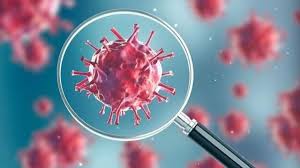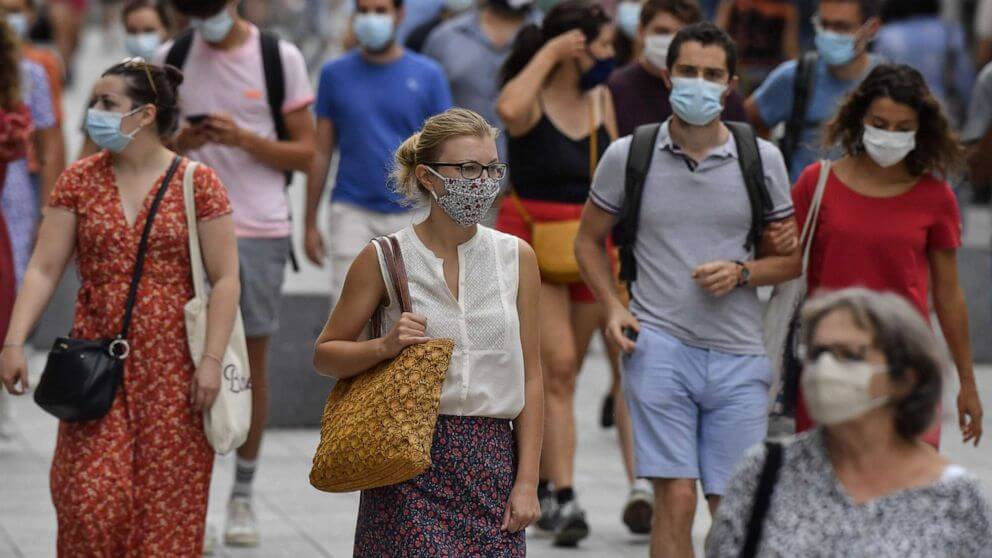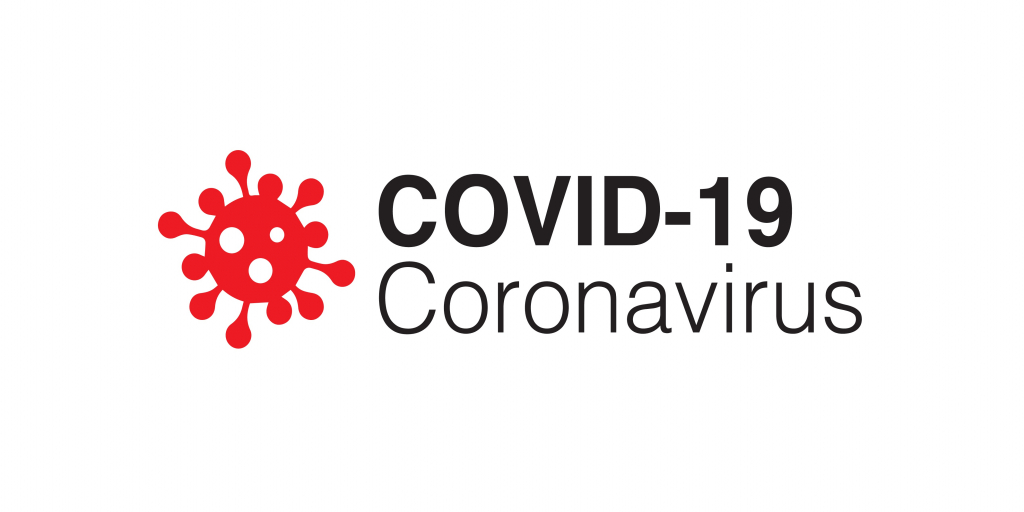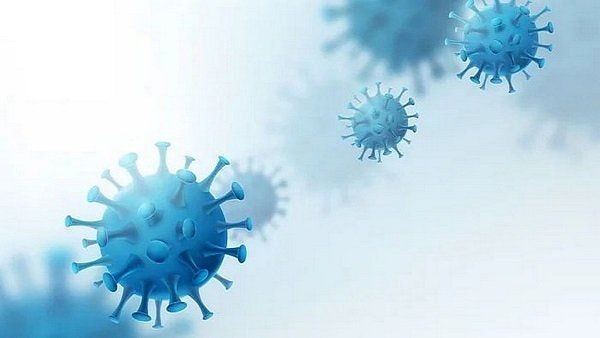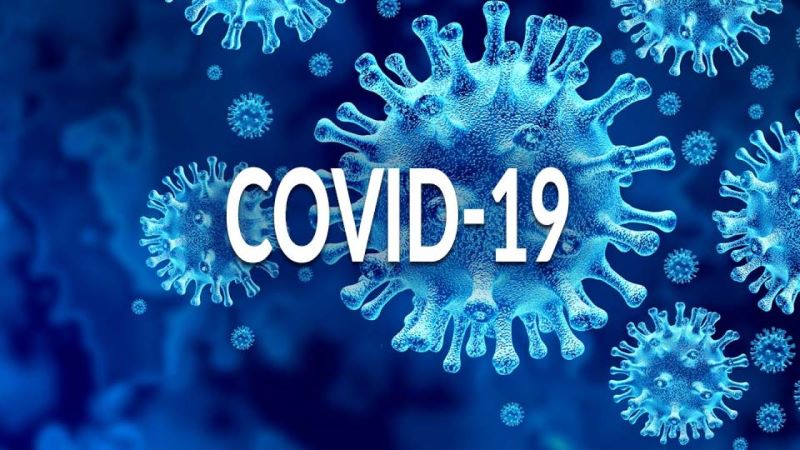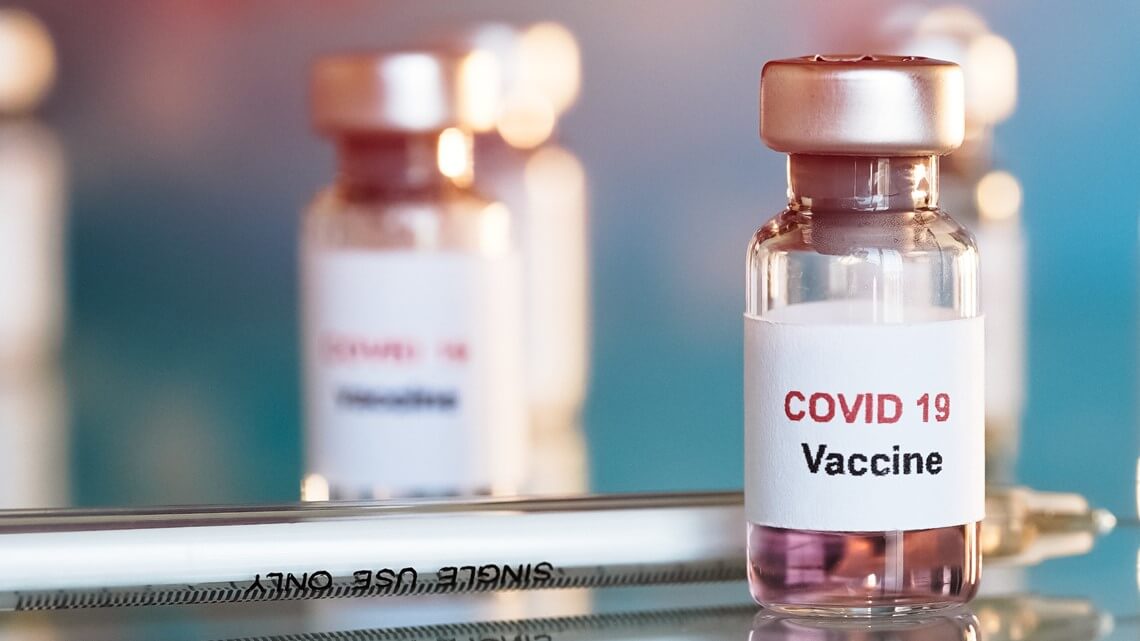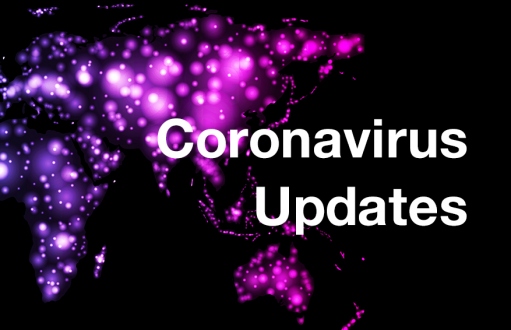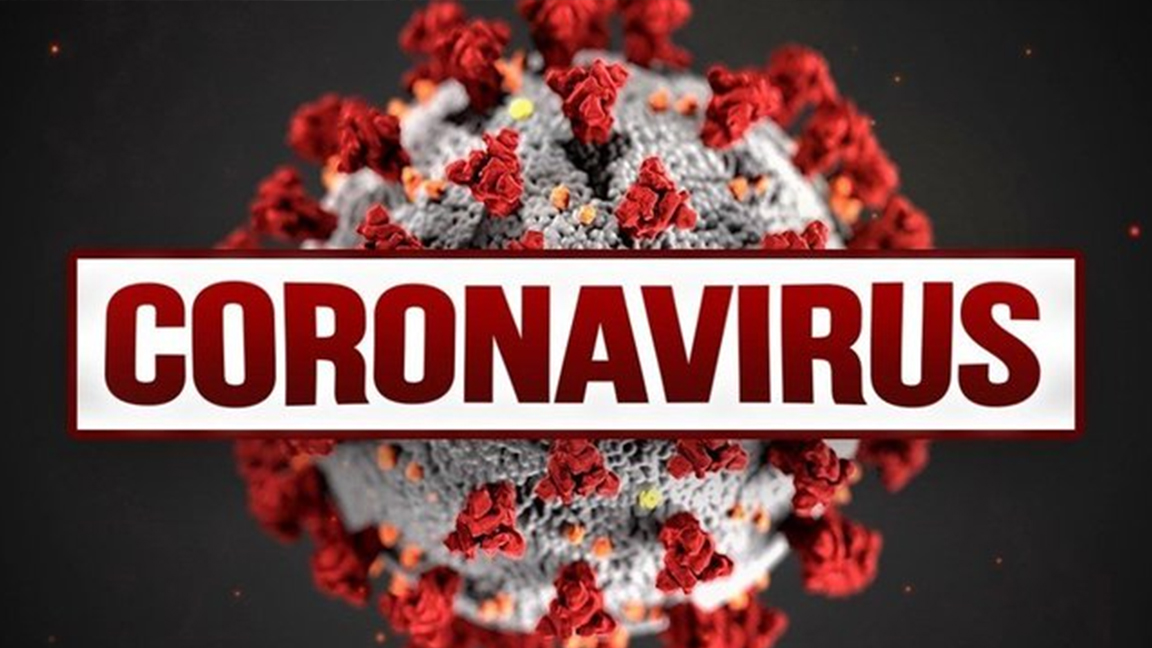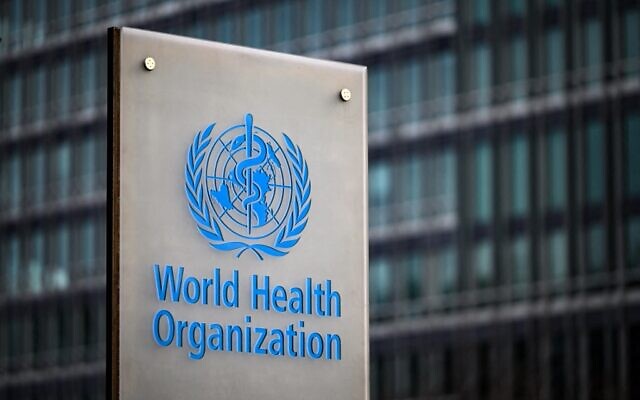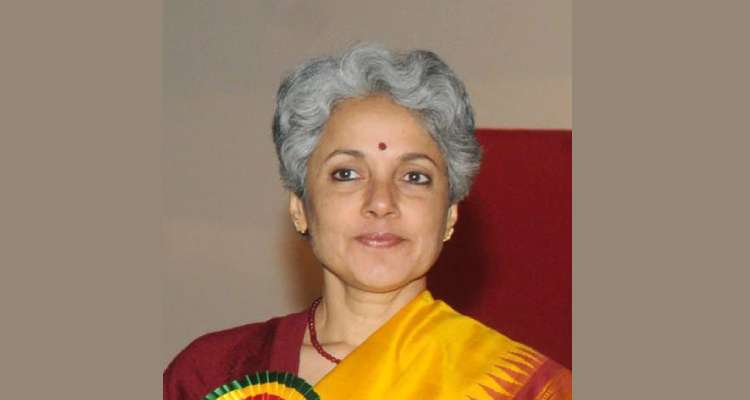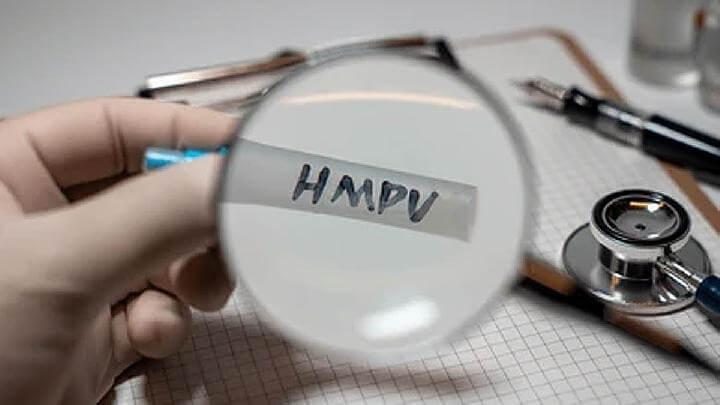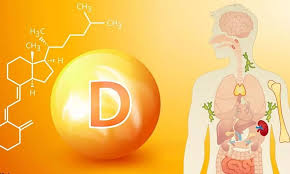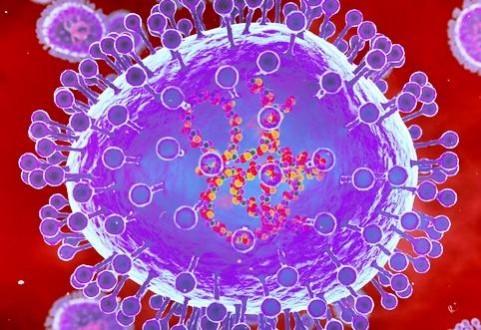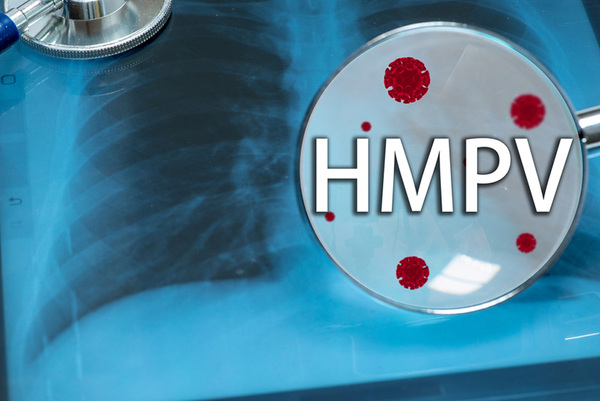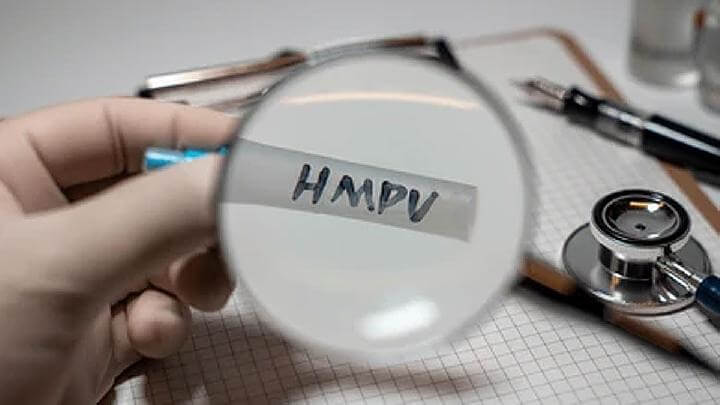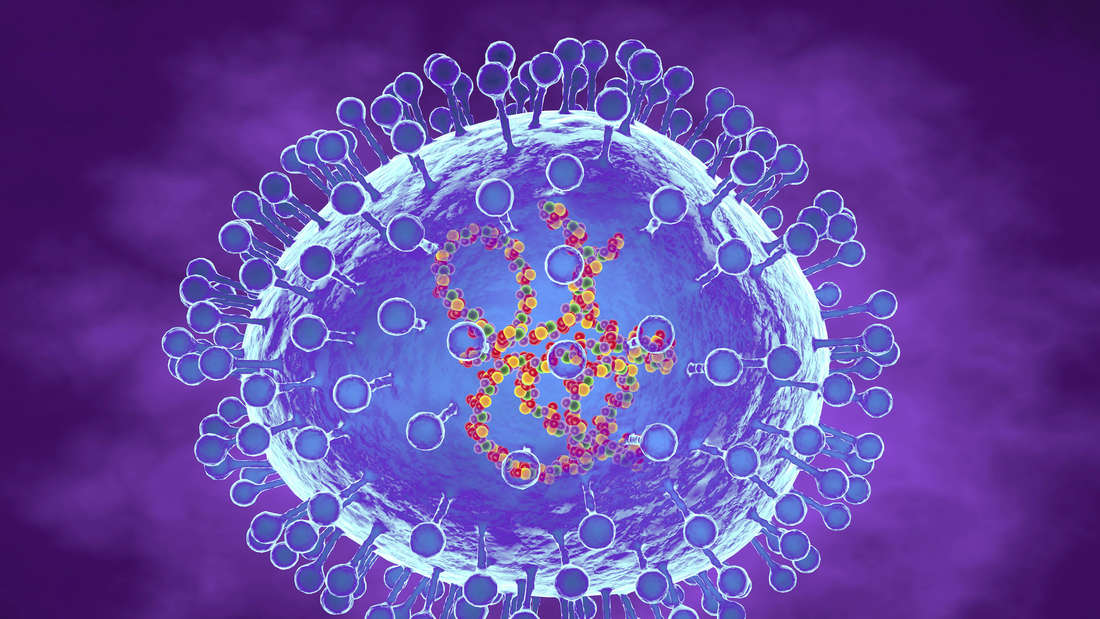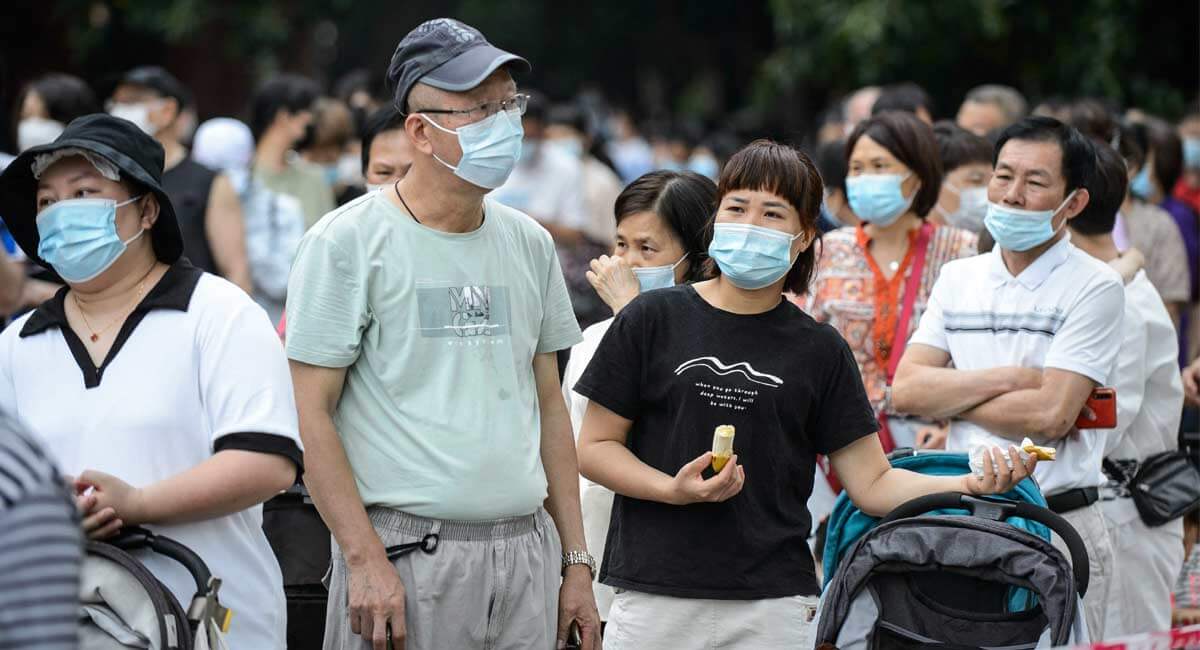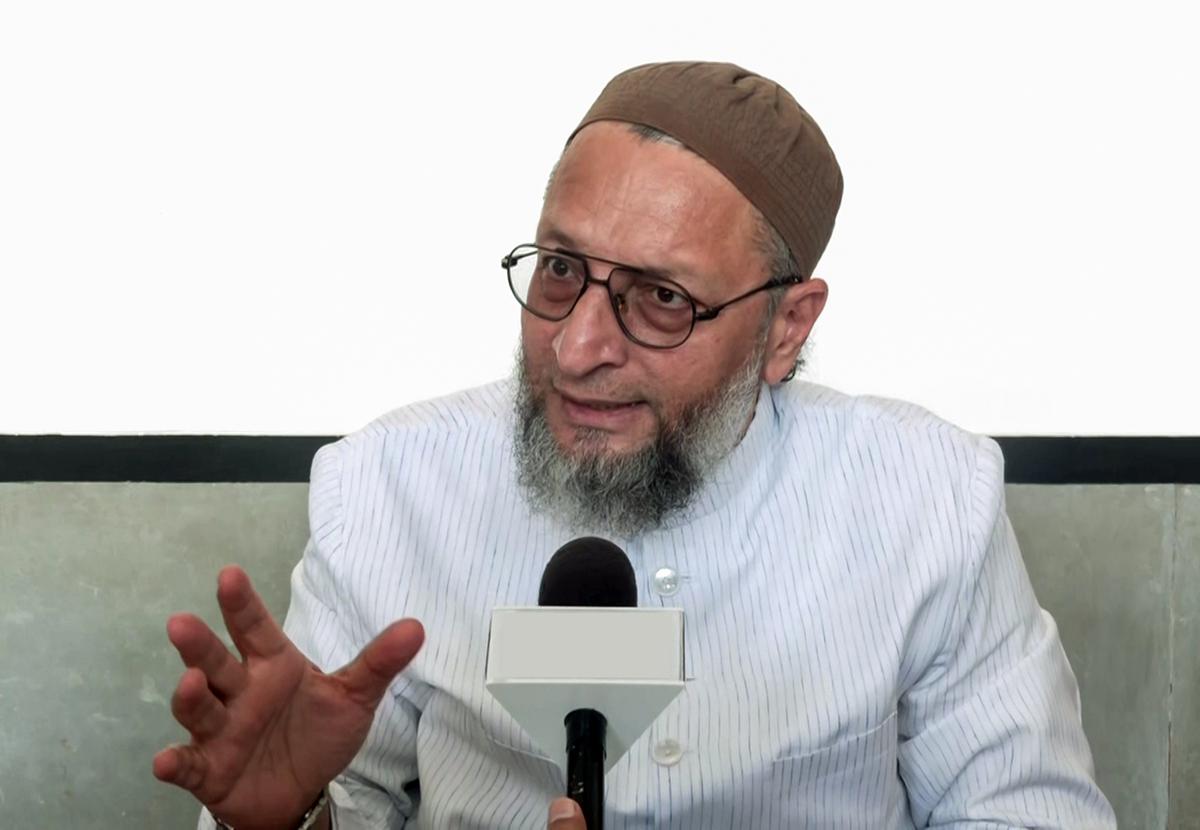Centre asks States, UTs to conduct Corona test of all grocery shop workers
Sat 08 Aug 2020, 09:53:00
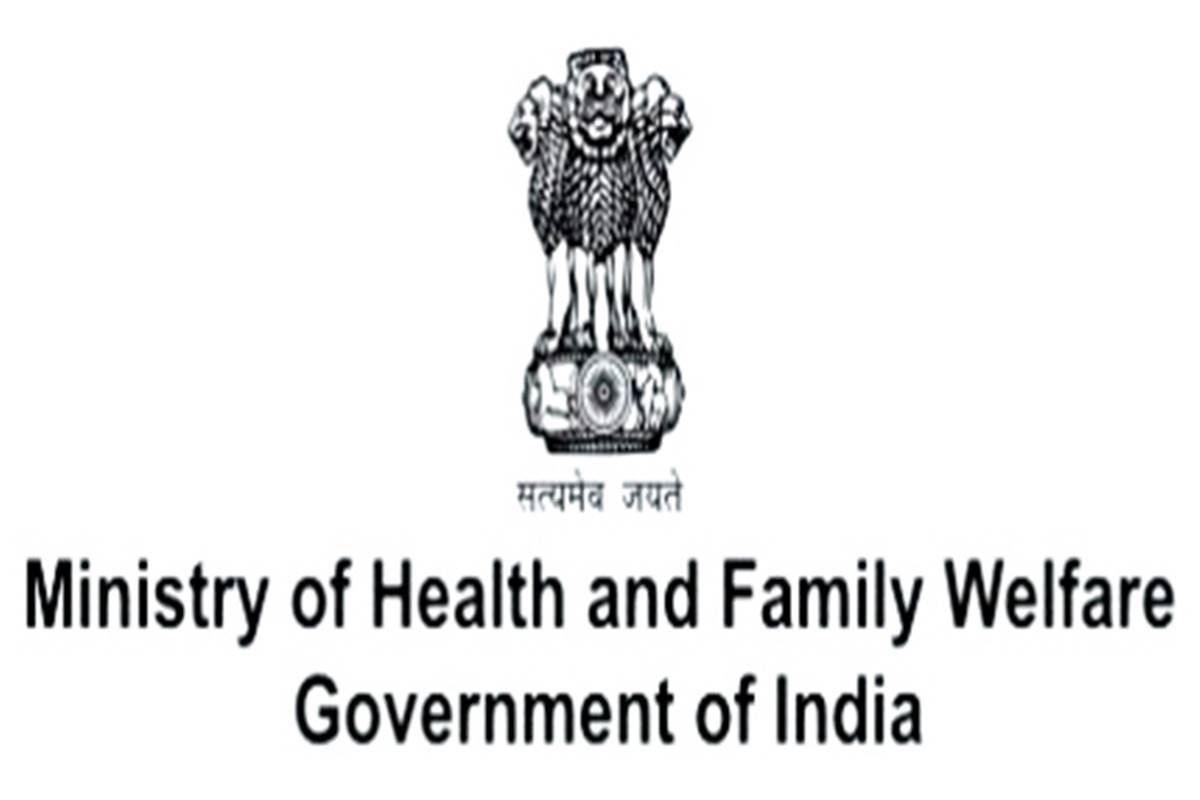
Health Ministry has asked states and UTs to take up coronavirus testing of grocery shop workers, vegetable and other vendors. It stated that if undetected, grocery workers can potentially spread the infection to a large number of people.
In a letter to states and UTs, Secretary, Health Ministry, Rajesh Bhushan also stressed the need for operationalising ambulance transport system with oxygen facility and quick response mechanism. He underlined that refusal rate of ambulances must be monitored at a daily basis and brought down to zero.
With the COVID-19 pandemic now spreading to newer areas in the country, Mr Bhushan said there are likely to be scattered cases, cluster of cases or large outbreaks in districts. He said the primary aim is to control outbreaks especially in new locations and to save lives at all cost. He said the aim should be to further reduce mortality and ensure that it does not cross the 1 per cent mark.
The Secretary pointed out that early detection of cases through aggressive testing, prompt isolation or admission in a healthcare facility and ensuring proper clinical management are major components of mortality
reduction. He stressed on enhanced surveillance for influenza like illness, and severe acute respiratory illness as their symptoms are mostly the same as COVID.
reduction. He stressed on enhanced surveillance for influenza like illness, and severe acute respiratory illness as their symptoms are mostly the same as COVID.
Once a positive case is identified, a prompt contact-tracing should be undertaken and at least 80 per cent of the contacts must be identified and quarantined within 72 hours. He said there can be potential hotspots for spread of infection like industrial clusters with closed work environment, people coming from high prevalence areas, other high density areas such as slums, prisons, and old age homes.
He also asked states and UTs to undertake weekly death audits to assess the determinants of death such as age differentials, comorbidities, late reporting to hospital and clinical protocols that were followed. This will help identify challenges to be addressed and will facilitate effective case reporting and ensure timely and required medical interventions. In the letter, Bhushan also said that a regular house-to-house search must be done periodically to identify those who are at high-risk that is the elderly, people with comorbidities and pregnant women among others.
No Comments For This Post, Be first to write a Comment.
Most viewed from Coronavirus Updates
Most viewed from Health
AIMIM News
Asaduddin Owaisi questions PM Modi's China policy
Jan 08, 2025
Owaisi slams UP over police post near Sambhal mosque
Dec 31, 2024
Owaisi hails SC order on Places of Worship Act
Dec 13, 2024
AAP Corporator Tahir Hussain joins AIMIM party
Dec 11, 2024
Latest Urdu News
Most Viewed
May 26, 2020
Do you think AAP will perform better in Delhi polls without alliance?
Latest Videos View All
Like Us
Home
About Us
Advertise With Us
All Polls
Epaper Archives
Privacy Policy
Contact Us
Download Etemaad App
© 2025 Etemaad Daily News, All Rights Reserved.

